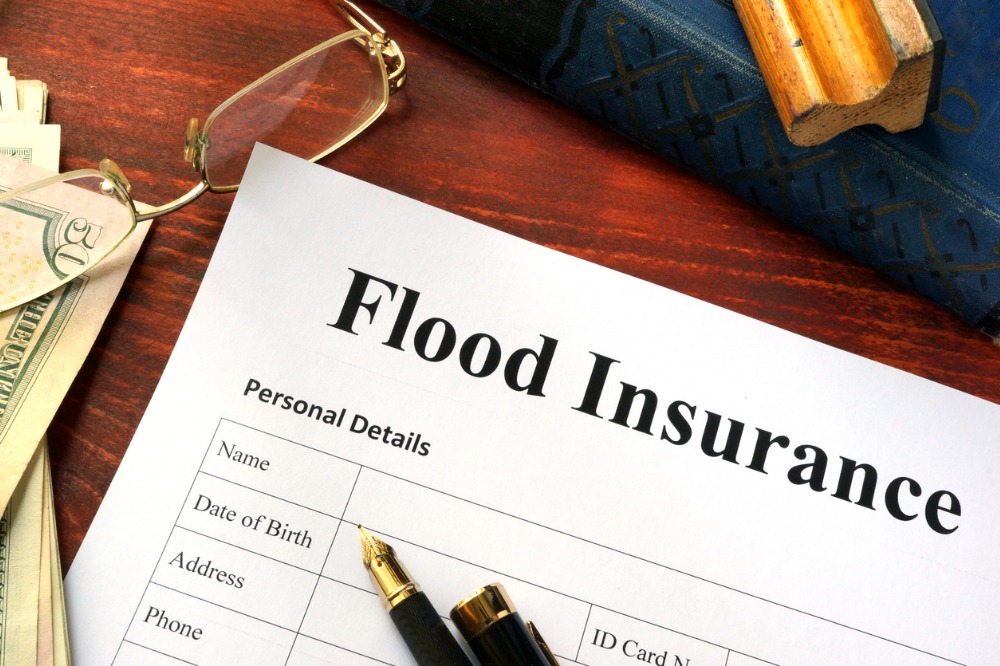One-third of flood losses in New Zealand not insured, study finds

One-third of flood losses in New Zealand not insured, study finds | Insurance Business New Zealand
Catastrophe & Flood
One-third of flood losses in New Zealand not insured, study finds
Wide protection gap highlights the need for a standardised reporting framework
Catastrophe & Flood
By
Kenneth Araullo
A report by the New Zealand Institute of Economic Research (NZIER) revealed that the uninsured losses from the Auckland Anniversary Weekend floods and Cyclone Gabrielle in New Zealand totalled $2.3 billion, representing a third of the affected physical assets.
A year after these events, the report emphasises the urgent need for government and council action to develop a standardised reporting framework. This move is crucial in addressing the widening “protection gap” in the face of increasing climate risks and a trend of insurers withdrawing from certain markets.
The report, titled “Incentivising Resilience to Adverse Climate Change Events,” indicates that the insured damages from New Zealand’s climate-related disasters in 2023 amounted to an estimated $3.56 billion, with close to 120,000 claims. However, the Treasury’s data shows that the damage to households, businesses, and infrastructure in just two major North Island events was between $9 billion and $14 billion, with about a third of this not covered by insurance.
The report reveals that economic impact extends beyond property damage, with the Ministry of Foreign Affairs and Trade forecasting additional losses to New Zealand’s economy and exports in the range of $500 million to $1 billion. Notably, agricultural sectors, especially crop losses which are often uninsured, are also affected.
These concerns are amplified by the expected rise in sea levels and shifts in weather patterns. Insurer IAG has announced its decision to stop providing insurance in high-risk areas, a move that could be mirrored by other insurers. Tower Insurance has recently indicated that some homeowners may have to settle for partial coverage going forward.
The NZIER noted that the frequency of climate-related disasters is highlighting the critical need for both households and businesses to enhance their resilience against such adverse events. Effective preparation, however, is contingent upon access to comprehensive and accurate risk information. Without this, the likelihood of investments in resilience initiatives diminishes.
A key measure to support resilience is the adoption of a standardised method for assessing the economic impact of weather events caused by climate change. Such a standardised approach is vital for developing methods to compare the costs associated with resilience and risk, the report said.
Decisions about investments in resilience or alternative adaptation strategies, like managed retreat, depend on reliable assessments that clearly present the trade-offs involved. A standardised methodology not only aids in quantifying the impact of climate-related damages but also fosters informed and strategic decision-making in the face of evolving climate change challenges.
What are your thoughts on this story? Please feel free to share your comments below.
Related Stories
Keep up with the latest news and events
Join our mailing list, it’s free!






